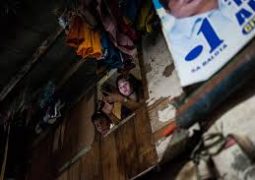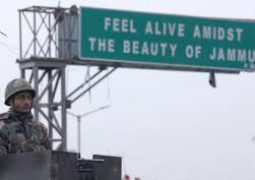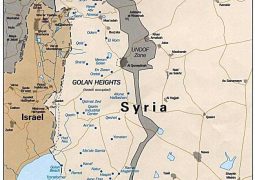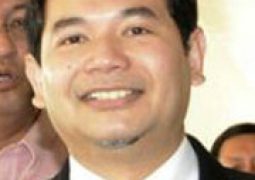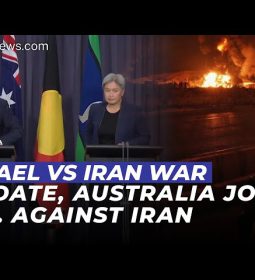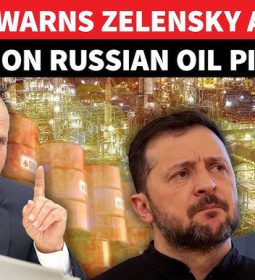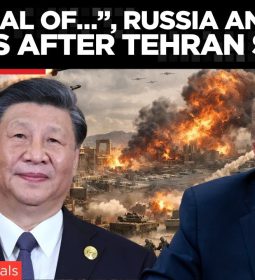Watchdog Accuses Kazakhstan of Flouting Labor Rights
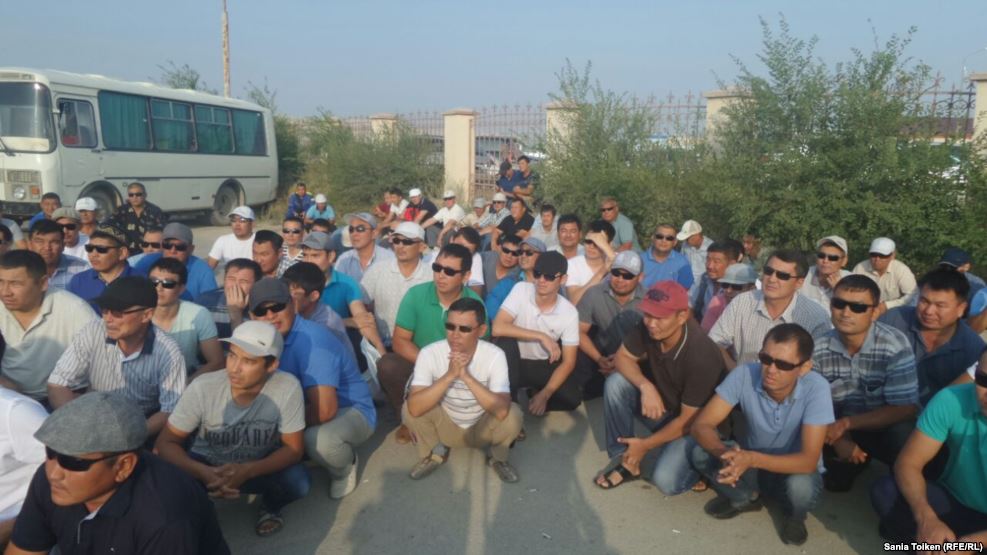
The report documents “harassment, surveillance, and, in some cases, spurious legal prosecution or dismissals in apparent retaliation for labor activism.”
Based on interviews with 55 union leaders, labor activists and workers in nine cities—including in the oil and gas sector in western Kazakhstan and the industrial heartland in the center and northeast—the study reveals cases of harassment and intimidation of workers by the authorities and employers to deter them from joining independent trade unions.
It cites cases of workers fired for taking industrial action — a ‘disproportionate disciplinary sanction,’ HRW says — and instances of surveillance of independent union leaders and activists by the security services.
Larisa Kharkova, president of the Confederation of Independent Trade Unions, recalled how on a trip to western Kazakhstan in March this year she was “surrounded in Aktau — day and night” by intelligence agents, and during her meetings with union members “we were sitting there, talking, and we could see how [the security agents] drove up and photographed us.”
Kharkova also explained how a new trade union law enacted in 2014 had “paralyzed” the work of her confederation’s members, independent labor unions which were denied re-registration under burdensome new requirements.
In its report, HRW raised concerns over that law and over a new labor code passed last year in the teeth of opposition from independent trade unions and concerns voiced by the International Labor Organization.
“The new laws in Kazakhstan have created obstacles for worker organizing, restrictions on collective bargaining, and have made it difficult for workers to protect their rights by going on strike,” Mihra Rittmann, HRW researcher and the report’s author, said in a video accompanying the release. The watchdog call on Astana to amend the trade union law and the labor code.
The government has portrayed both pieces of legislation as designed to shore up workers’ rights. Astana also says it has become more responsive to workers’ concerns and the protection of their rights following a bout of fatal violence in the town of Zhanaozen in December 2011, which spiraled out of a protracted oil strike which the government later admitted to mishandling.
Sixteen civilians died in clashes with security forces, who used live fire against protesters in unrest which the government ultimately portrayed as a bid to overthrow President Nursultan Nazarbayev.
This fall, the authorities acted promptly to quell any potential for labor unrest in restive Zhanaozen, rapidly settling a strike that broke out over pay at a company servicing the oil sector.
HRW urged Astana to “respect the rights of workers to associate, organize, and form unions,” and “foster an environment that protects, not punishes, labor rights activists for defending workers’ rights in Kazakhstan.”
“Robust trade unions are a trademark of a democratic society based on respect for human rights, and essential to the defense of workers’ rights and interests in the workplace,” Rittmann said. “Workers in Kazakhstan are entitled to organize and defend their interests without fear of harassment and reprisal.”
- Previous Kyrgyzstan: Departing President Lays Ground for Transition
- Next Najib, Trump agree to further boost KL-Washington ties



